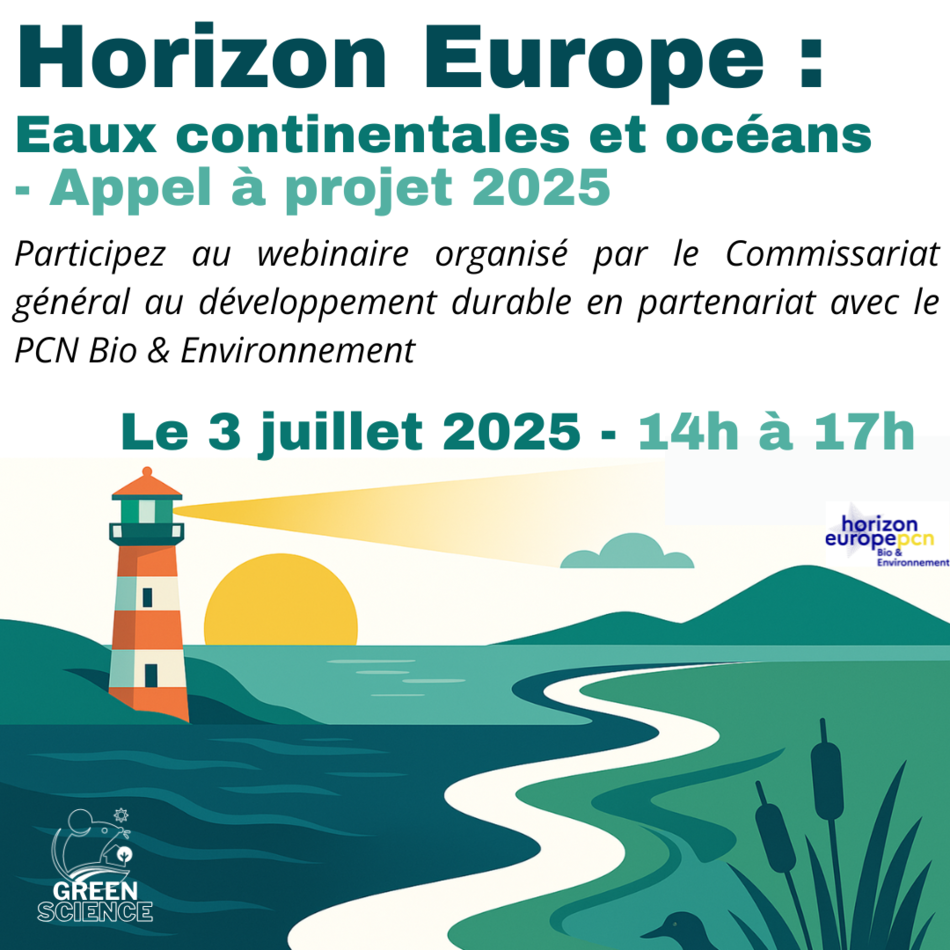Expected Outcome:
This topic will enhance the sustainability performance and competitiveness in the domains covered by Cluster 6 through further deployment of digital and data technologies as key enablers. It will help to achieve better informed decision-making processes, social engagement, governance, and innovation. It will help deliver solutions to advance the European Green Deal priorities, the EU's climate targets for 2030 and 2050 and the farm to fork strategy for a fair, healthy and environmentally friendly food system. It will contribute to the food 2030 priorities: nutrition for sustainable healthy diets, climate, environment, circularity and resource efficiency, innovation and empowering communities and improving the data economy for food systems and enhance transparency.
There is already commitment in the private sector to drive change towards more sustainable food systems. One example is the “EU Code of Conduct on Responsible Food Business and Marketing Practices[1]”, an integral part of the farm to fork strategy. Many businesses have already signed the voluntary agreement[2]. This commitment also includes an R&I dimension that can be expanded to the respective topic.
Data-driven solutions in food systems also may support the European open data directive to share public data[3] and foreseen data spaces[4] as well as provide a base of Artificial Intelligence (AI) deployment as enablers of the European Green Deal objectives.
Projects results are expected to contribute to all the following expected outcomes:
- Increased insights into the potential benefits and feasibility of data and technology employed by the private sector together with public stakeholders to drive sustainable food system transformation while respecting the relevant legal and policy frameworks;
- Enhanced transition towards sustainable healthy diets for all by using data driven solutions in the food sector.
Scope:
Data are key to drive citizens’ sustainability practices. Several actors in the private food sector have access to valuable sustainability-related data, for example grocery retail, food processing and delivery services with huge potential to be used to foster the transition to sustainable food systems. At the same time, there is potential in mapping possible beneficial data not yet tested and a vision of a new spectrum of data overcoming availability bias. Data can be used to foster citizens’ sustainability practices, for example as a contributor to positively influence and monitor dietary changes. Industry contribution to the transition to sustainable food systems by engaging citizens in such transition can be very impactful while keeping the integrity of private intellectual property of the businesses. By democratizing data, private actors might gain a competitive advantage and activate other players to fulfil the need of transparency and proof of sustainability efforts for citizens.
Proposals are expected to address the following:
- Analyse current systems of private data sharing in the food system (monetary incentives, actors involved…etc.);
- Initiate first tests of potential data sharing, also with SMEs and potentially start-ups, to identify potential impacts and benefits and serve as a lighthouse;
- Explore ‘new’ types of data and identify relevant data within the food system by also ‘unconventional players’ to tap into unused data sources, point out the main value pool for data sharing, outline potential needs of data gathering/harmonisation and map out an enhanced data framework and data collection strategy including needed technology (AI, Robotics, IoT) to drive sustainable food system transformation;
- Make use of analytics, forecast and AI to identify influential factors for making sustainable choices;
- Analyse the impacts on the sustainability of food systems of the proposed solutions considering the entire food supply chain and the different dimensions of sustainability;
- Define ways to use data to inform and guide consumer choices at the point of purchase in line with EU food law and policies;
- Set-up a potential framework for sharing non-competitive data that defines principles and collect good practices to foster sustainable food system objectives that ensures the protection of private data and sensitive business data and explore how this data can be integrated in the ‘Smart communities data space’5;
- Proposals must implement the 'multi-actor approach' and ensure adequate involvement of relevant stakeholders also in the health domain, such as doctors and nurses, and SMEs and start-ups;
- Proposals should include a dedicated task, appropriate resources and a plan on how they will collaborate with other projects funded under this topic and under the topic 2022-GOVERNANCE-10 “Piloting approaches and tools to empower citizens to exercise their “data rights” in food and nutrition” and HORIZON-CL6-2024-FARM2FORK-01-8 “Preventing and reducing food waste to reduce environmental impacts and to help reach 2030 climate targets”;
- Include social innovation as the solution is at the socio-technical interface and requires social change, new social practices and social ownership;
- This topic should involve the effective contribution of SSH disciplines.
[1] EU Code of Conduct on Responsible Food Business and Marketing Practices f2f_sfpd_coc_final_en.pdf (europa.eu), 2021.
[2] https://single-market-economy.ec.europa.eu/news/farm-fork-strategy-65-c….
[3] https://eur-lex.europa.eu/legal-content/EN/TXT/PDF/?uri=CELEX:32019L1024&from=EN
[4] Digital Europe Work Programme 2021-2022.





